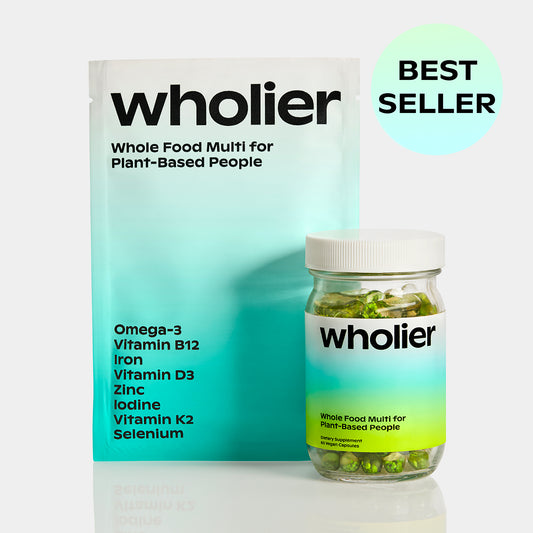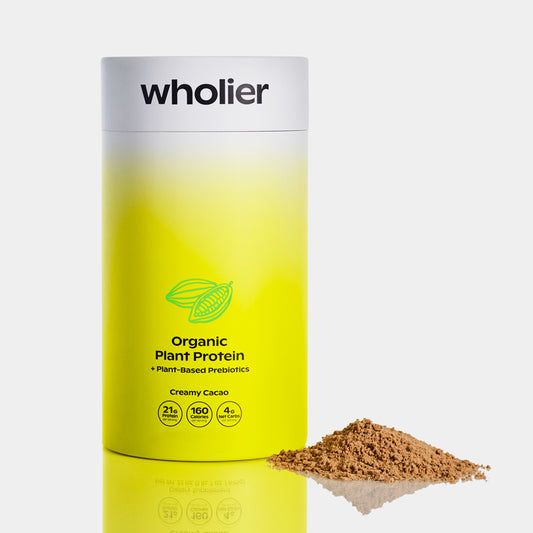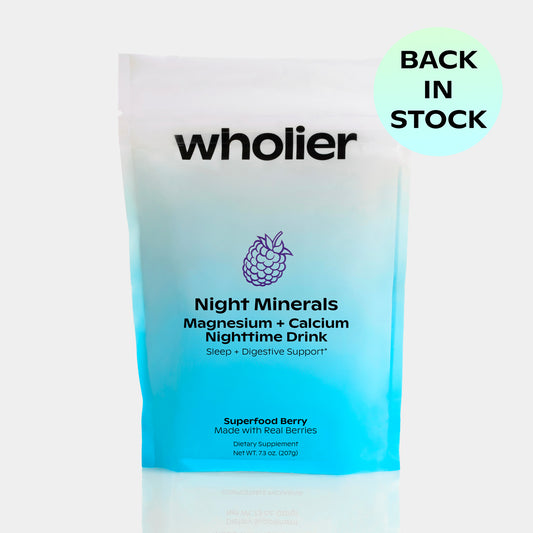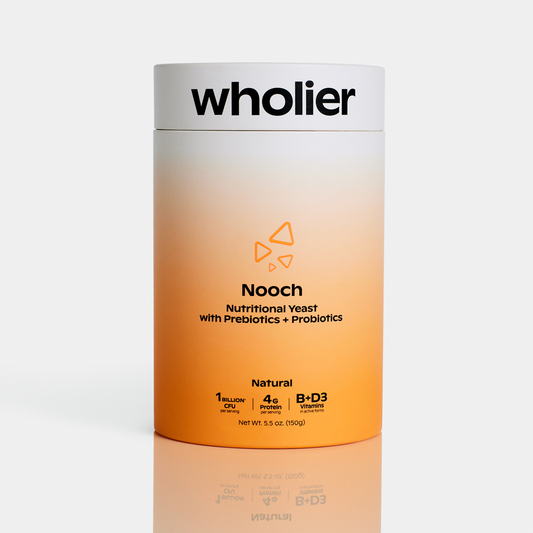The gummy vitamin aisle — a rainbow landscape of promises in a sugary package. In the search for a more palatable way to get daily nutrients, many have turned to these colorful, sweet alternatives. Yet, beneath their vibrant exterior and tempting taste, most gummy vitamins might not be as beneficial to your health as you'd expect.
1. They Have Fewer Nutrients
Gummy vitamins might seem like a perfect way to get your daily dose of essential nutrients. But, here's the catch — they typically contain fewer nutrients than their traditional counterparts, the vitamin capsules.(1) The manufacturing process is a big culprit here. Unlike capsules, which are packed with concentrated nutrients, gummies have to be heated. This high heat can degrade some of the vitamins and minerals, compromising their nutritional value.(2)
In comparison, capsules, which involve fewer heat-intensive steps in their production, have a more stable nutrient profile. This means you're more likely to get the full benefit of the vitamins and minerals stated on the label of a capsule supplement.(3)
2. They Contain Highly Processed Sugar
One of the main reasons gummy vitamins are popular, especially among children (and let's admit it, adults too), is their sweet taste. The sad truth? Most of it comes from processed sugars, which can have detrimental health effects if consumed regularly and in large quantities.(4)
Most gummy vitamins contain between 2 to 3 grams of sugar per serving. It's like having a small cookie for breakfast every day — not the ideal image of health. In some cases, the sugars used in gummy vitamins are highly processed, derived from sources like corn syrup and cane sugar. This processed sugar can contribute to weight gain, heart disease, and other health problems.(5) In contrast, traditional vitamin capsules contain little to no sugar.
3. They're Filled With Unwanted Additives
Gummy vitamins often contain more than just vitamins and sugar. Many have a list of additional additives, including artificial colors and preservatives. Some of these additives have been linked to health concerns such as allergic reactions and digestive issues.(6)
Additionally, the majority of gummy vitamins are not vegan or vegetarian-friendly. They contain gelatin — a substance derived from animal skin, bones, and connective tissues.(7) This is a significant consideration for those following plant-based diets or anyone concerned with animal welfare.
4. Nutrient Quality is Often Subpar
The quality of nutrients in gummy vitamins may also be inferior to those found in traditional vitamin supplements. Bioavailability, the body's ability to absorb and use the nutrients, can be lower in gummy vitamins.(8) Many of these chewy supplements use forms of vitamins and minerals that are not as easily absorbed by the body.
In comparison, high-quality capsules often contain more bioavailable forms of vitamins, ensuring your body gets the maximum benefit from each dose.
5. They Can Harm Your Dental Health
Finally, consuming gummy vitamins may not be a wise choice for those concerned with oral health. The combination of their sticky texture and high sugar content can contribute to tooth decay.(9) The sugars provide food for harmful bacteria in the mouth, and the stickiness ensures the sugar clings to the teeth for longer, giving the bacteria ample time to feast and produce cavity-causing acids.
Exceptions and Considerations
Of course, not all gummy vitamins are created equal. There are brands that use pectin instead of gelatin, or opt for plant-based sweeteners over processed sugars. Some even prioritize the use of more bioavailable forms of nutrients. It's important to do your research and read the labels closely.(10)
Enjoying life and its sweet indulgences is a vital part of wellness, and sometimes, that includes a piece of candy or a gummy. However, when the purpose is improving health, it’s crucial to consider the real nutritional benefits of the products we consume. Gummy vitamins might seem like a convenient, fun solution, but they may not be the most effective or healthiest choice. After all, your health is too important to be compromised by a sugar-coated illusion.








